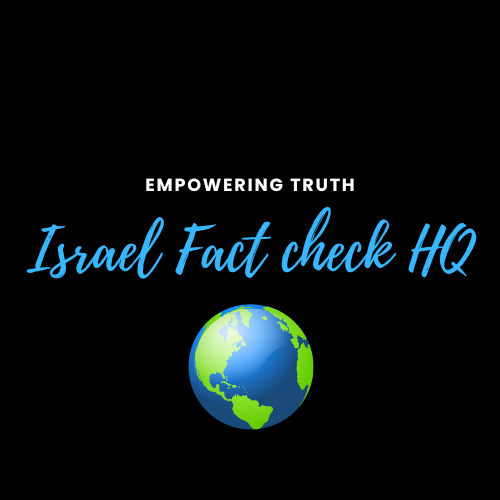Have you ever wondered how is it that when justice, human rights, and morality are mentioned in this conflict, automatically Israel is perceived as the oppressors while the Palestinians are seen as the victims ?
- How is it that Israel’s case, which ordinarily should have appealed to the left for the ideological basis of justice, fairness, somehow falls short ?
- How is israel who is the only nation on earth that inhabits the same land, bears the same name, speaks the same language, and worships the same God that it did 3,000 years ago is portrayed as a foreign occupying power?
The answer in one word IS HASBARA
Hasbara, Israel’s public diplomacy strategy rooted in the Hebrew word “Le’hasbir” meaning to explain, has faced significant challenges in shaping the global narrative about Israel.
*Hasbara is about explaining, not enlightening
Staying true to its name, Hasbara leans heavily on explanations, pleas, contortions, and justifications for Israel’s actions when faced with criticism, rather than boldly shaping the narrative from the get go . Instead of tackling key questions and concerns head-on, Hasbara tends to skate over issues, hoping that surface-level statements will do the trick. This method may come across as shallow, missing the mark on substance and failing to dive deep into the real concerns people may hold.
*No one is interested in Diplomatic speeches
Hasbara does not employ a heartfelt, passionate based ideology to convey its message but relies on cold, calculated logic and dry facts on the ground. This approach creates a gap between the message it sends and what truly resonates with its audience’s values and beliefs. By prioritizing diplomatic circles over grassroots movements and communities, Hasbara misses the chance to connect with a broader audience and make an impact on public opinion in a more meaningful way.
* Hasbara’s Defense Hinders Israel’s Narrative
Hasbara defensive stance has led to a scenario where Israel’s narrative, which inherently aligns with principles of justice, fairness, and truth, is yet frequently seen as the villain linked with colonizers, oppressors, and racists. The inability to effectively convey Israel’s, history, national rights and values in a proactive light has resulted in a skewed perception of Israel. This twisted perception, coupled with the reflexive linking of Palestinians with the oppressed, turns Israel into the eternal scapegoat, feeding into negative stereotypes and biases.
For decades, Hasbara skillfully dodged confronting crucial topics like the indigenous and colonized narratives of the Arabs, opting instead to serve up superficial arguments about Israel’s modernity, free democracy, and more.
Fast forward to today, and the Arab narrative has firmly established itself, leaving folks taken aback when presented with a different view.
*Hasbara lacks a consisted and concise message.
Additionally, Hasbara lacks centralization and consistency in messaging. Without a unified and coherent narrative, Israel’s public diplomacy efforts may struggle to effectively convey its message and influence perceptions on the global stage. Hasbara also lacks concise messaging in opposition to the concise message of “Free Palestine” Israel offers none . While funding and language skills are important aspects of effective communication, the core issue with Hasbara lies in its strategic approach and its failure to adapt to the changing dynamics of public opinion and communication in the digital age.
Hasbara’s reactive antics have set it up for failure in the court of public opinion, painting Israel in broad strokes of negativity. Rather than seizing the narrative and steering the dialogue, Hasbara finds itself trapped in a defensive loop, struggling to break free from the cycle of misconception and bias. To address these challenges, Israel’s public diplomacy efforts need to adopt a more proactive and strategic approach that goes beyond mere explanation and defense.
We are ready to change that .It’s now our mission to topple Hasbara’s facade and let Ha’ara take its rightful place.

